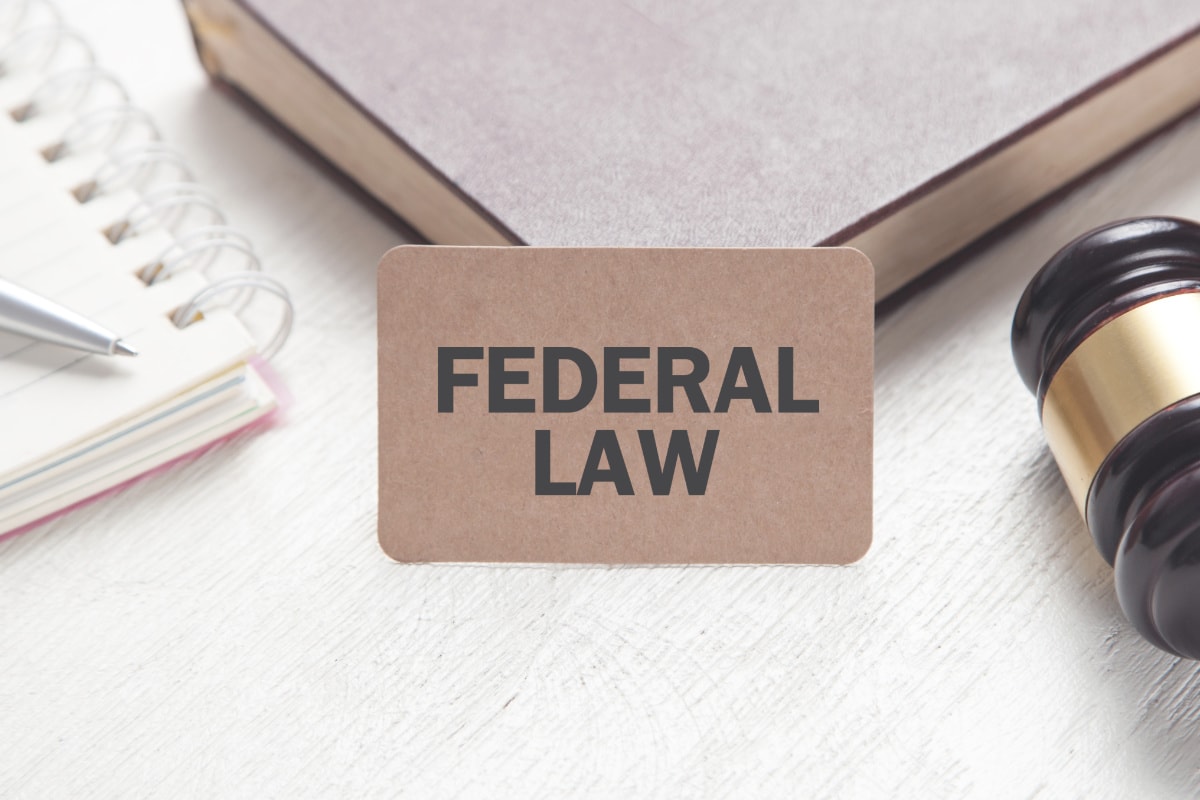On January 1, 2024, the reporting requirements of the Corporate Transparency Act (“CTA”) took effect, requiring HOAs to file information on their “beneficial owners” with the Financial Crimes Enforcement Network (“FinCEN”) of the U.S. Department of Treasury.[1]
Congress designed the CTA to help aid governmental agencies in their fight against money laundering and other illicit activities.[2] To that end, the CTA requires nonexempt “reporting companies” to file information on their “beneficial owners.” Most HOAs would indeed be “domestic reporting companies” under the final rule, as that definition includes corporations, limited liability companies, or any other entity “created by the filing of a document with a secretary of state or any similar office under the law of a state or Indian Tribe.”[3] While the CTA does carve out a number of exempt entities, most HOAs would not qualify under any of the enumerated exemptions. Therefore, it is most likely that your HOA is subject to these requirements.
What does the HOA have to include in the report?
The CTA requires each reporting company to report their full legal name as well as any other trade or “doing business as” names, the street address of the company’s principal place of business in the U.S., jurisdiction of formation, and taxpayer identification number (TIN).[4] As for beneficial owners, the CTA requires reporting company to report each beneficial owner’s full legal name, date of birth, complete residential street address, a government-issued identification document number (such as a passport, license, or voted ID number), and an image of said identification document.
Who is a “beneficial owner” under the CTA?
Directors and officers of an HOA will generally qualify as “beneficial owners” under the CTA pursuant to the “substantial control” provision of the CTA, and will need to be included in filings accordingly. The CTA defines beneficial owners of a reporting company as “any individual who, directly or indirectly, either exercises substantial control over such reporting company or owns or controls at least 25 percent of the ownership interests of such reporting company.”[5] “Substantial control” is further defined as any individual who serves as a senior officer of a reporting company; has the authority to appoint or remove senior officers or a majority of a board of directors; directs, determines, or has substantial influence over important decisions made by the reporting company; or exerts any other form of substantial control.[6]
When do these reports need to be filed?
As to initial reports, reporting companies already existing before the effective date (January 1, 2024) are required to submit their initial report before by December 31, 2024, while reporting companies created after the effective date are required to submit their initial report within 30 days of notice of effective creation.[7]
That said, it is important to note that reporting companies will have to submit updated reports in the event of a change to any of the reported information pertaining to the reporting company or a beneficial owner within 30 days of said change.[8] This means that new reports will have to be filed within 30 days in the event that directors and/or officers of the HOA change. Therefore, it is very important that HOA boards familiarize themselves with these requirements and update their filings after elections or other changes to the director and/or officer.
Penalties for failure to file by the applicable deadline are pretty serious. The HOA could be subject to civil fines of $500 per day (up to $10,000 total) or criminal charges for willful failure to file.[9] Accordingly, it may be in an HOA’s best interest to consult with legal or other professional counsel to ensure compliance.
Update: After this article was published, FinCen published a Frequently Asked Questions page at https://www.fincen.gov/boi-faqs in April 2024 which companies and HOAs may find helpful. One question addressed was whether homeowners associations are reporting companies. FinCen’s published answer is as follows: “It depends. Homeowners associations (HOAs) can take different corporate forms. As with any entity, if an HOA was not created by the filing of a document with a secretary of state or similar office, then it is not a domestic reporting company. An incorporated HOA or other HOA that was created by such a filing also may qualify for an exemption from the reporting requirements. For example, HOAs designated as 501(c)(4) social welfare organizations may qualify for the tax-exempt entity exemption. An incorporated HOA that is not designated as a 501(c)(4) organization, however, may fall within the reporting company definition and therefore be required to report BOI to FinCEN.”
Our attorneys at McCabe, Trotter & Beverly, P.C. are well-equipped and prepared to assist your HOA with CTA compliance and to answer any questions you may have. Please contact us at (803) 724-5000 for further information.
Written by V. Morgan Bryant
McCabe, Trotter & Beverly, P.C. blogs and other content are for educational and informational purposes only. This is not legal advice and does not create an attorney/client relationship between McCabe, Trotter & Beverly, P.C., and readers. Readers should consult an attorney to understand how this information relates to their personal situation and circumstances. You should not use McCabe, Trotter & Beverly, P.C. blogs or content as a substitute for legal advice from a licensed attorney.
[1] Robert Wilson Downes, Scott E. Ludwig, Thomas Rutledge, and Lorraine A. Smiley, The Corporate Transparency Act – Preparing for the Federal Database of Beneficial Ownership Information, American Bar Association, April 16, 2021, https://www.americanbar.org/groups/business_law/resources/business-law-today/2021-may/the-corporate-transparency-act/
[2] Id.
[3] 31 CFR § 1010.380(c)(1)(i).
[4] 31 CFR § 1010.380(b)(1)(i).
[5] 31 CFR § 1010.380(d).
[6] 31 CFR §§ 1010.380(d)(1)(i)-(ii).
[7] 31 CFR §§ 1010.380(a)(1)(i), (iii).
[8] 31 CFR § 1010.380(a)(2)(i).
[9] 31 U.S.C. § 5336.

